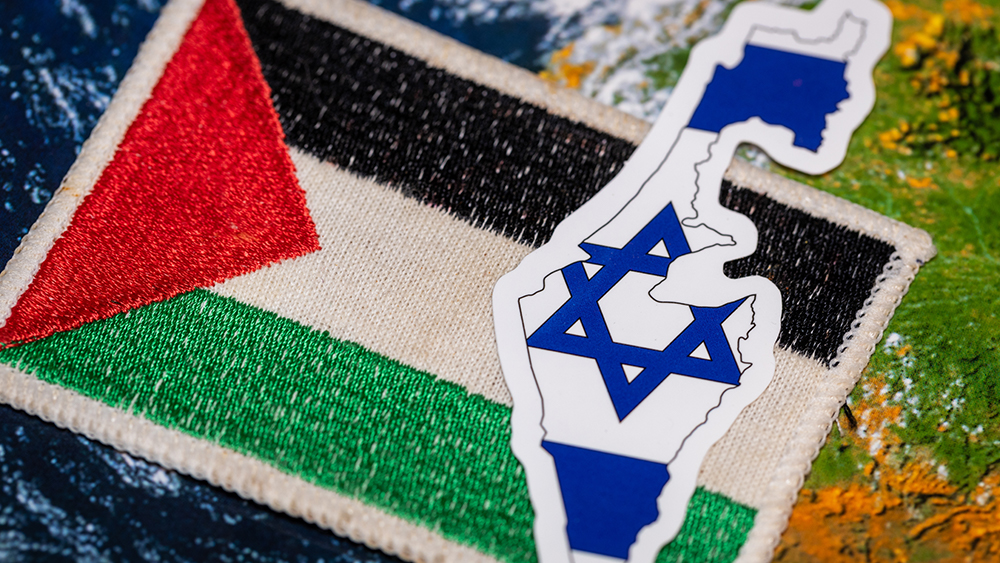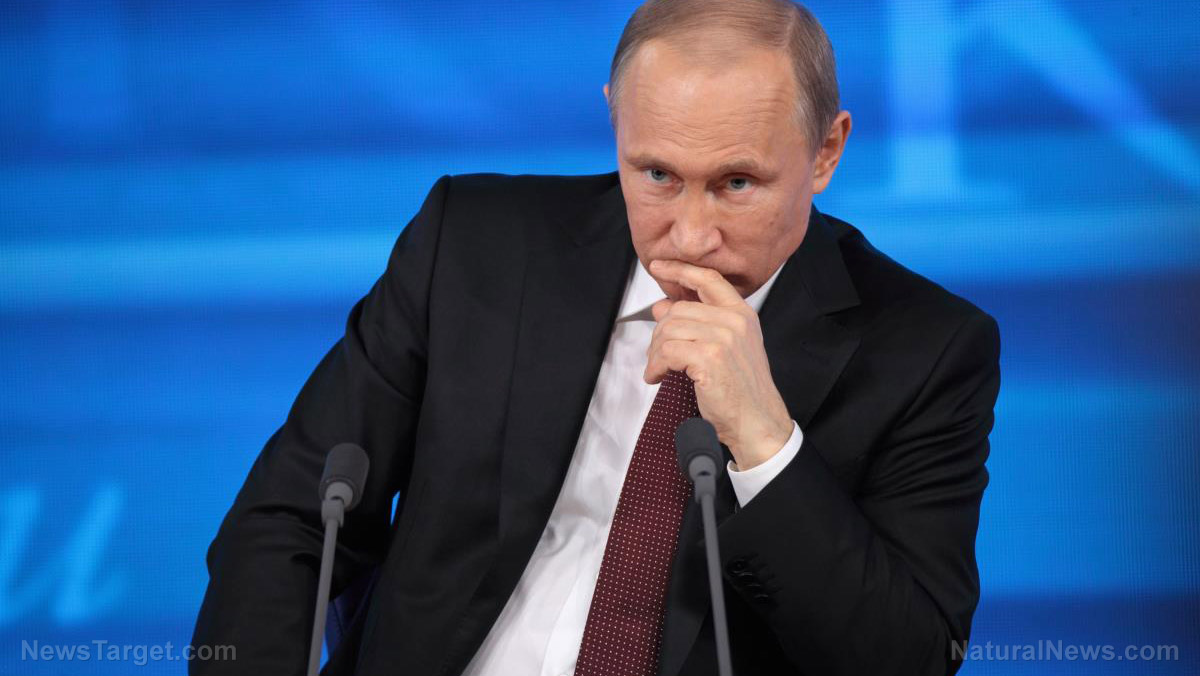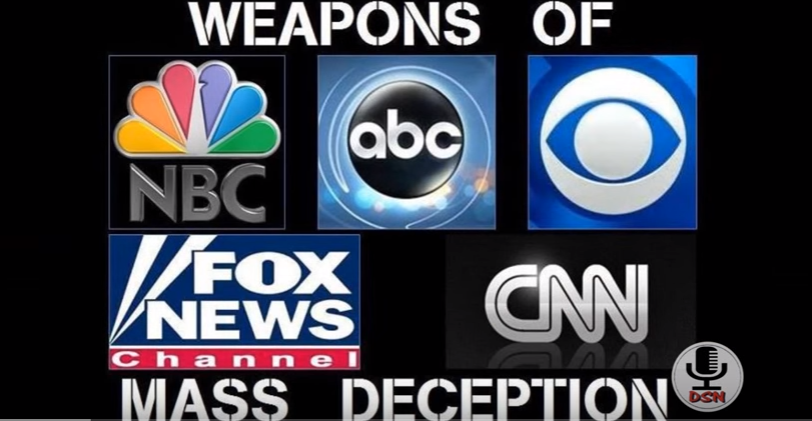 Parler
Parler Gab
Gab
Israel plays "antisemitic" card against South Africa
In case you are unfamiliar with it, the ICJ is the UN's top court. It was established in 1945, just three years before the rebirth of Israel, to deal with disputes between countries, providing advisory opinions on various matters. The ICJ has 15 judges who are elected by the UN General Assembly and Security Council to serve nine-year terms. The size of the court can also be expanded with the addition of a judge from each side of a case, in this case by South Africa and Israel. "South Africa has appointed Dikgang Moseneke, the country's former deputy chief justice, and Israel has named Aharon Barak, ex-president of the country's Supreme Court," reports explain. "The current judges at the ICJ are from the U.S.; Russia; China; Slovakia; Morocco; Lebanon; India; France; Somalia; Jamaica; Japan; Germany; Australia; Uganda; and Brazil." The 84-page case filed by South Africa against Israel claims that the Jewish state's actions in Gaza are "genocidal in character because they are intended to bring about the destruction of a substantial part of the Palestinian national, racial and ethnic group." Israel, of course, denies this, calling it "blood libel," this being a reference to "antisemitic lies that originated in the Middle Ages, which claimed that Jews murdered Christian boys to use their blood for religious rituals." "Against a background of apartheid, expulsion, ethnic cleansing, annexation, occupation, discrimination, and the ongoing denial of the right of the Palestinian people to self-determination, Israel, since 7 October 2023 in particular, has failed to prevent genocide," South Africa's application states. While the ICJ is not supposed to be political, in practice it often is. Academic research shows that in about 90 percent of cases, judges "vote for their home states," regardless of what the facts show. Many wonder why South Africa and not one of the many Arab states that surrounds Israel has chosen to file such a complaint. The reason is because when Israel first accepted jurisdiction from the ICJ, it stated that it would not comply with applications from states that do not "recognize Israel or which refuses to establish or to maintain normal diplomatic relations with Israel." Just one Arab country, Jordan, has backed the ICJ petition by South Africa. The Organization of Islamic Cooperation (OIC), a 57-member block that includes Saudi Arabia, Iran, Pakistan, and Morocco, also voiced its support for the case back on December 30. The latest news about Israel's war on Gaza can be found at Prophecy.news. Sources for this article include: MiddleEastEye.net NaturalNews.comChinese lab creates new mutant COVID-19 strain with 100% FAST KILL RATE in “humanized” mice
By Ethan Huff // Share
Governments continue to obscure COVID-19 vaccine data amid rising concerns over excess deaths
By patricklewis // Share
Tech giant Microsoft backs EXTINCTION with its support of carbon capture programs
By ramontomeydw // Share
Germany to resume arms exports to Israel despite repeated ceasefire violations
By isabelle // Share










